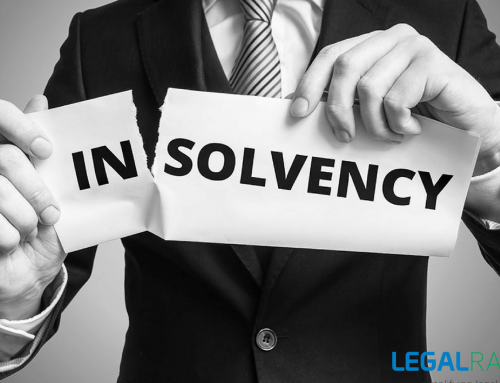One person Company and Sole Proprietorship sounds similar to words. But in reality, both are different from each other. OPC is different from Sole Proprietorship in terms of law and workings. If you want to start a new business and you are not able to pick one form then here is a glance of differences between One person Company and sole proprietorship are as follows:
Sole proprietorship
The simplest form of business carried on by individuals who are personally liable for debts. A sole proprietorship is not a legal entity like a partnership or a corporation. Therefore, A sole-proprietor can start a business under his name or under a fictitious name. Costs are nominal to start this kind of business, however, the disadvantage lies with financial failure situation. If the business fails to earn a profit then creditors can file a lawsuit against sole-proprietor. Business liability can be discharged against his personal assets. However, if the owner dies, there are little chances of survival. Expansion of business after a point becomes a tough job. The advantage is this kind of entrepreneurs need not enter into board meetings and annual meetings. Returns are signed under their name. They have flexible working hours.
One Person Company (OPC)
The Companies Act, 2013 introduced a new form of business, a hybrid of Sole-proprietorship and Company, by providing sole proprietors with an opportunity to enter into a corporate world. It is treated as a private company only having a separate legal entity and limited liability. Every one person company shall have to at least hold one meeting of the Board of Directors in each half of a calendar year and the gap between the two meetings is not less than ninety days.
One Person Company And Sole Proprietorship
| TYPE OF COMPANY
BASIS |
Proprietorship | One Person Company |
|---|---|---|
| Registration | Not Compulsory | Can be registered under MCA and Companies Act 2013 |
| Legal status of entity | Not considered as a separate legal entity | Separate legal entity |
| Members liability | Unlimited liability | Limited to the extent of share capital |
| Minimum number of member | Sole Proprietorship | Minimum number of 1 person |
| Maximum number of members | Maximum 1 person | Maximum 2 person |
| Foreign ownership | Not allowed | Allowed if one is the director and the other is the nominee. Both the director and the nominee cannot be foreign citizens |
| Transferability | Not allowed | Allowed to 1 person only |
| Survival | comes to end on death or retirement of the member | Existence is independent of directors or nominee |
| Taxation | Taxed as an individual | Tax rate is 30% on profits plus cess and surcharge |
| Annual filings | Income tax returns with the registrar of the company | Filed with the registrar of the company |
Conclusion
OPC is different from Sole Proprietorship in terms of law and workings. One person Company and Sole Proprietorship sounds similar to words. OPC is treated as a private company only having a separate legal entity and limited liability.“One Person Company” is a company which has only one person as a member. And it is treated like a private Company. Every one person company shall have to at least hold one meeting of the Board of Directors in each half of a calendar year and the gap between the two meetings is not less than ninety days. A sole proprietorship is not a legal entity like a partnership or a corporation. The advantage to sole proprietors kind of entrepreneurs need not enter into board meetings and annual meetings. Returns are signed under their name. They have flexible working hours. Income and losses are taxed on the individual’s personal income tax return. It simply refers to a person who owns the business and is personally responsible for its debts.






